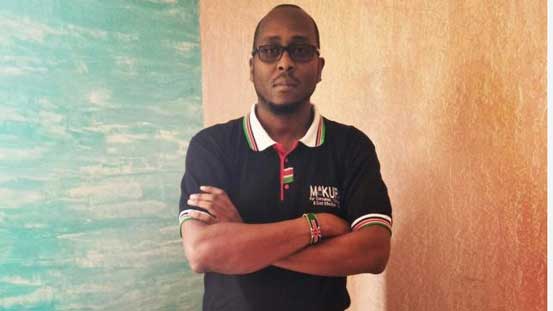×
The Standard e-Paper
Kenya’s Boldest Voice

NAIROBI, KENYA: Almost a year ago, Hustle spoke to two entrepreneurs who featured in KCB’s Lion’s Den and managed to get investment for their companies, Kora Edibles and M-Kura. Today, Hustle revisits Coretta Kai, 27, and Michael Nduati, 38, to see how the investment and mentorship transformed their brands.
Michael Nduati: M-Kura